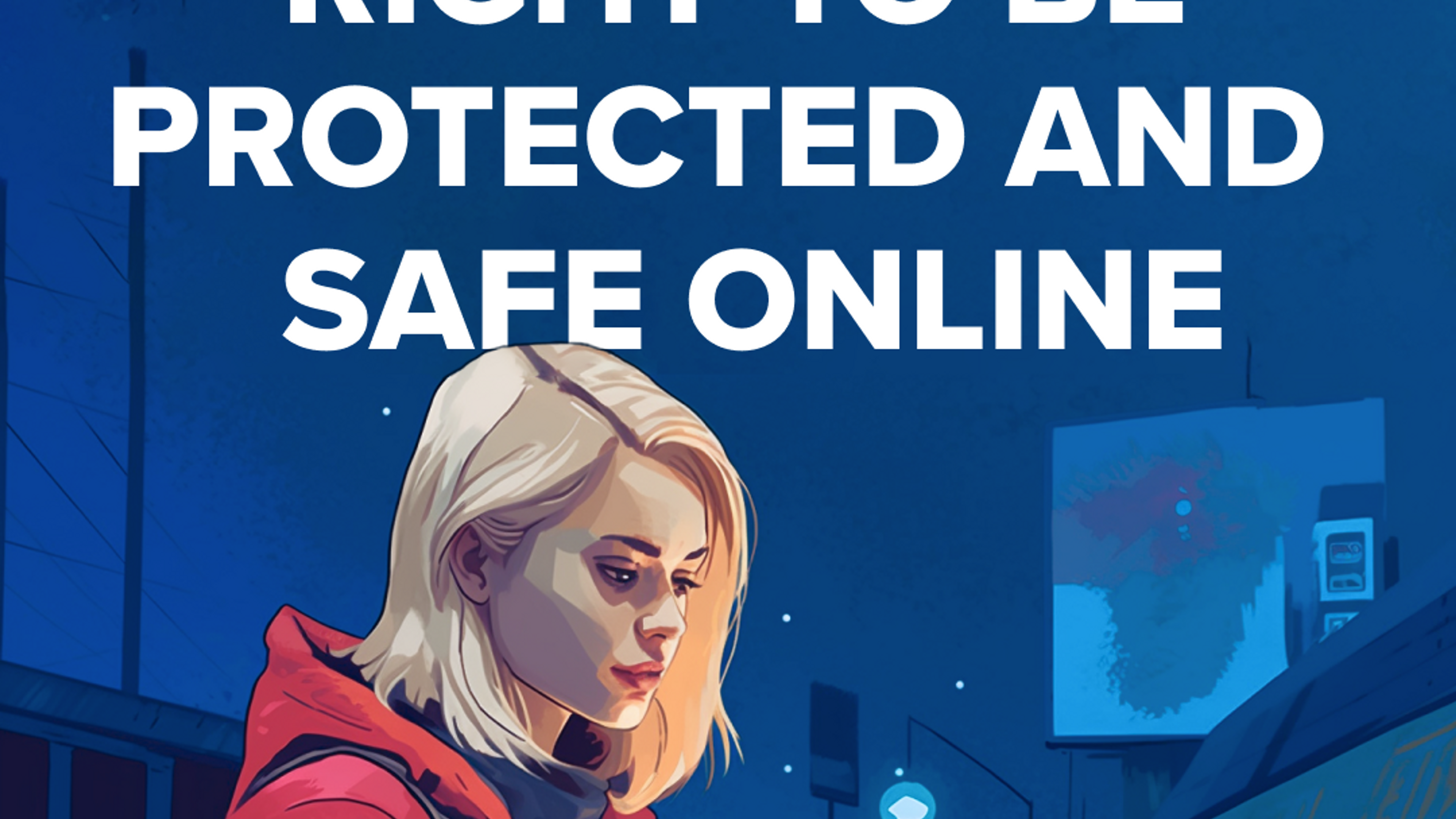Strengthening information integrity in humanitarian settings
 © UNHCR
© UNHCRWhat is the challenge?
The growth of social media and digital channels, generally having a hugely positive impact on people in humanitarian settings, has led to a rise in misinformation, disinformation and hate speech. Such narratives have become more commonplace and accepted, impacting the information environment and polluting social media feeds and degrading general information integrity. This is having a detrimental impact on refugees and other forcibly displaced people, who often are the target of these narratives. Whether it is vicious online attacks on them as individuals or communities, being provided with false information to cause harm, or being caught in an information ecosystem where facts and creditable testimonies are manipulated by incorrect information, the lack of information integrity directly reduces the ability of forcibly displaced people to access the support they need.
What is innovative about the project?
Most strategies to counter mis- and disinformation and hate speech are reactive and rely on information and systems that are not adapted to humanitarian contexts. There is an over-reliance on digital content moderation systems, which are designed for corporate marketing usage, are under resourced and often insufficient in their ability to detect hate speech in minority and less common languages. A humanitarian-specific lens to address this complex phenomena, and design adequate responses for humanitarian organisations, is needed. UNHCR therefore seeks to test the use of “pre-bunking” strategies that proactively counter false and potentially harmful narratives before they take hold. The organisation will look to establish new partnerships, particularly with tech companies and digital platforms, to co-design these pre-bunking tools.
What are the expected outcomes?
Using a behavioral science approach called prebunking, the project seeks to build people’s resilience to these digital risks by reducing susceptibility to hate speech and misinformation and promoting social cohesion.
The project has developed a ‘pre-bunking’ approach and toolkit that can be used by humanitarian organisations and experts in the information integrity space. The toolkit is available to actors in the humanitarian sector to help mitigate and prevent the escalation and harmful impact of misinformation, disinformation, and hate speech on people forced to flee.
Click here to access the toolkit.
With HIP support, UNHCR is also developing a gamified, behavioral science-based “pre-bunking” approach to counter misinformation, disinformation, and hate speech: Mzansi Life. Based on methods used by academics and tech companies like Google, this innovative initiative applies a proven digital resilience strategy to forced displacement contexts. Piloted with youth in South Africa, the board game introduces scenarios around solidarity, inclusion, and resource sharing to “inoculate” players against harmful narratives. A digital version is also in development.
Click here to learn more about Mzansi Life.
Who are the project partners?
The private sector has already provided essential partnership towards the project to date and will continue to contribute significantly as the concept transitions to scale. Key private partners are ALT Advisory, Google Jigsaw and Tiktok.
ALT Advisory are a public interest advisory firm founded in South Africa and were identified through an open market dialogue. They bring a unique mix of technology, communications and digital legal expertise to the project and have led on the consultation and design phase of Mzansi Life game.
UNHCR has benefitted from expert technical advice from Google Jigsaw as pioneers of the prebunking approach to strengthen information integrity.
Tik Tok has supported the testing of pre-bunking approaches in South Africa.